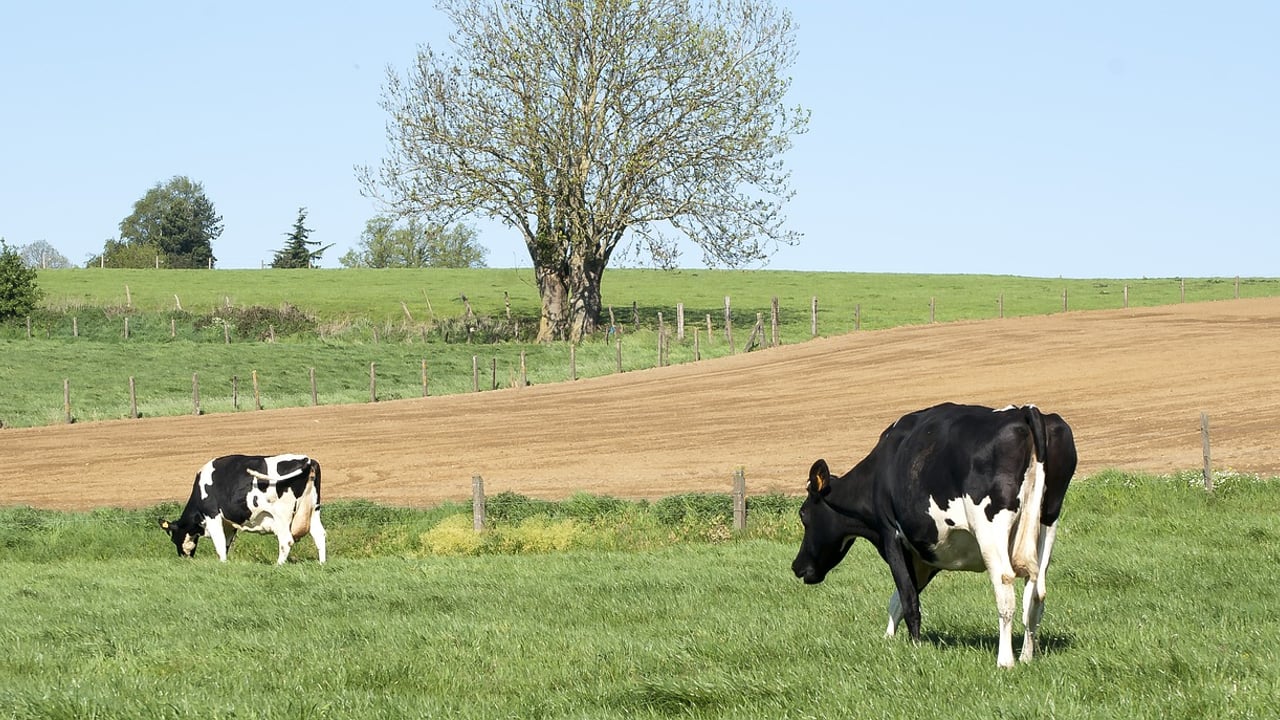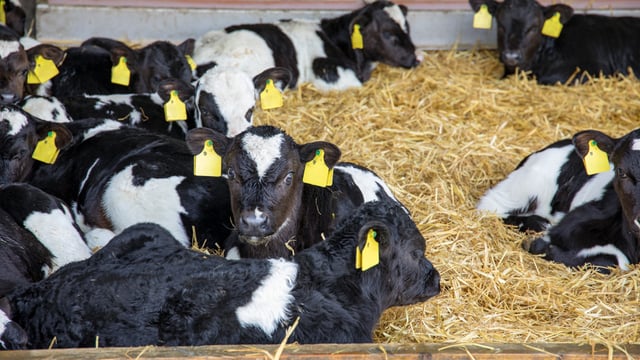FMD: Slovakia and Hungary both see further outbreaks this week
The government of Slovakia has decided to declare a state of emergency in relation to outbreaks of foot-and-mouth disease (FMD).
Outbreaks on three farms, on the border with Hungary, were confirmed last week. Slovakian authorities have since confirmed a fourth outbreak.
All four outbreaks were confirmed following an outbreak in Hungary earlier this month near the border. However, Hungary has today (Wednesday, March 26) confirmed a second outbreak.
Slovakian minister of the interior Matus Sutaj-Estok convened a meeting of the country's Central Crisis Staff this week, which will deal with the coordination of efforts to prevent the spread of the highly contagious disease.
"Declaring a state of emergency throughout the entire Slovak Republic will allow us to better coordinate forces and resources," Sutaj-Estok said in a statement (translated from Slovakian).
Slovakia has also accepted offers from neighbouring Austria and Czech Republic to assist in decontamination efforts on the affected farms.
Over 1,500 Slovakian police officers are involved in the efforts to enforce the control measures and movement restrictions that have been put in place, while the country's fire and rescue services are involved both in decontamination efforts and the transport of culled animal carcasses for disposal.
The Central Crisis Staff has also decided that fire and rescue service resources should also be used in the culling of animals on the affected farms.
Slovakia's ministry of agriculture has said that the carcasses of culled animals that did not show signs of the disease will be buried, while the carcasses of animals known to be infected with FMD will be incinerated at rendering plants.
The ministry also said that all containers for transporting carcasses are disinfected and inspected before departure; and if any container was unsealed upon arrival at the rendering plant, this must have occurred during the journey.
This comment came as a Slovakian MEP, Michal Wiezik (who describes himself as an ecologist on his social media pages) claimed that there was evidence that some carcasses were transported in unsealed containers, saying that the risk of infection of farms and wild susceptible animals within the transport route "is enormous".
Meanwhile, the agriculture ministry has said it will seek compensation from the EU for impacted farmers.
Agriculture minister Richard Takac said (in a statement translated from Slovakian): "Experts from the European Commission have confirmed that Slovakia has taken the best possible measures to stop the spread of the virus. This is an important position of the commission in connection with compensation from European sources for affected Slovak farmers.
"In addition to domestic sources, we will also apply for European financial assistance for breeders. There are several options."
According to Takac, commission officials - as well as European Commissioner for Agriculture Christophe Hansen - have given indications that the financial assistance would be made available.
The agriculture ministry has also give permission for wild susceptible animals that show signs of the disease to be killed by hunters outside of the regular hunting season.
Meanwhile, in Hungary, where an outbreak of FMD occurred on one farm earlier this month, close to the border with Slovakia, a second outbreak has been confirmed today.
The presence of FMD in a 3,000-head dairy herd in the Level settlement of Gyor-Moson-Sopron county (the same county where the initial case was discovered) was confirmed by the laboratory of the National Food Chain Safety Office.
Authorities said the culling of animals on the farm will begin within days.
The National Food Chain Safety Office said that, thanks to the nationwide investigation that lasted several weeks, the infection of the farm was discovered extremely early, in the initial stage of the disease.
The authorities said this is an especially favourable circumstance from the point of view of epidemic control.
Hungarian authorities have also introduced a grazing restriction along a 10km strip of land along the border in Gyor-Moson-Sopron.
As well as that, the culling of pigs will be mandatory in these areas.
The National Food Chain Safety Office said that pigs may play a significant role in spreading the virus. The epidemiological risk can be significantly reduced by slaughtering the pig herd, which farmers must do in the affected area by March 31.





